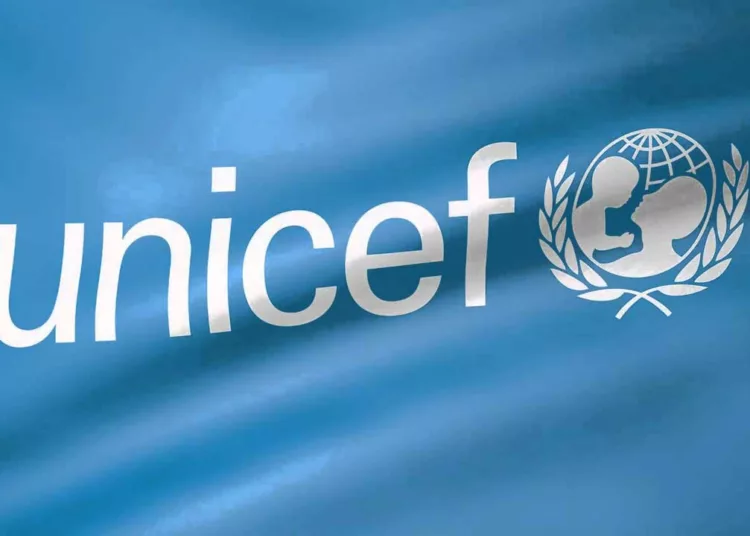The United Nations Children’s Emergency Fund (UNICEF) has called for a check of vandalism and theft of WASH facilities in internally displaced persons (IDP) camps and communities, noting that vandalism and theft had reduced capacity to maximise returns from WASH investments.
The call was made yesterday in Maiduguri by the UNICEF Chief of Borno Field Office, Phuong Nguyen, during the commemoration of the 2024 World Water Day with the theme “Leveraging Water for Peace”.
Ms Nguyen added that it was important to put appropriate measures in place and strengthen relevant agencies like the State Emergency Management Agency (SEMA) and Borno Rural Water Supply and Sanitation Agency ( RUWASSA ) to support these measures.
She said UNICEF would continue with the government and other stakeholders to address water insecurity and improve the well-being of girls and boys , adding that UNICEF supported the fecal disposal of latrines in 110 IDPs camps in 2023 to protect the most vulnerable children from contamination of water sources and disease outbreaks
She said there was an urgent need to increase investments to accelerate progress for both climate-friendly water and sanitation services in Borno State and across northeast Nigeria.
“Access to drinking water is a human right. Any right taken away or threatened could lead to conflict. Therefore, protecting our most precious resource – water – is a right. Be it water for drinking or water for food (agriculture), it is a must for human survival, and anything that tries to come between humans and water is a recipe for conflict.
“Therefore, harnessing and safeguarding water to ensure it is always available, free from long queues and vandalism, is a recipe for peaceful coexistence in our IDPs camps, communities, and the state at large.
“Success stories stemming from improved access to safe water include the achievement of two open defecation-free LGAs in Biu and Shani. Together with the Borno State Government, we are pioneering the innovative Small Town Water Scheme which eliminates expensive and unsustainable water trucking systems to communities affected by conflict and integrates networks of new and rehabilitated boreholes as well as water pipes powered by climate-friendly solar systems.“This is in addition to ground water studies and community-based water management team comprising local plumbers, mechanics and other artisans. This achievement in Pulka and Damboa is a testament of progressive partnership and sustainable collaboration,” she said.
The day was commemorated with a debate around water as a tool for peace by students at Federal Government College Maiduguri.





